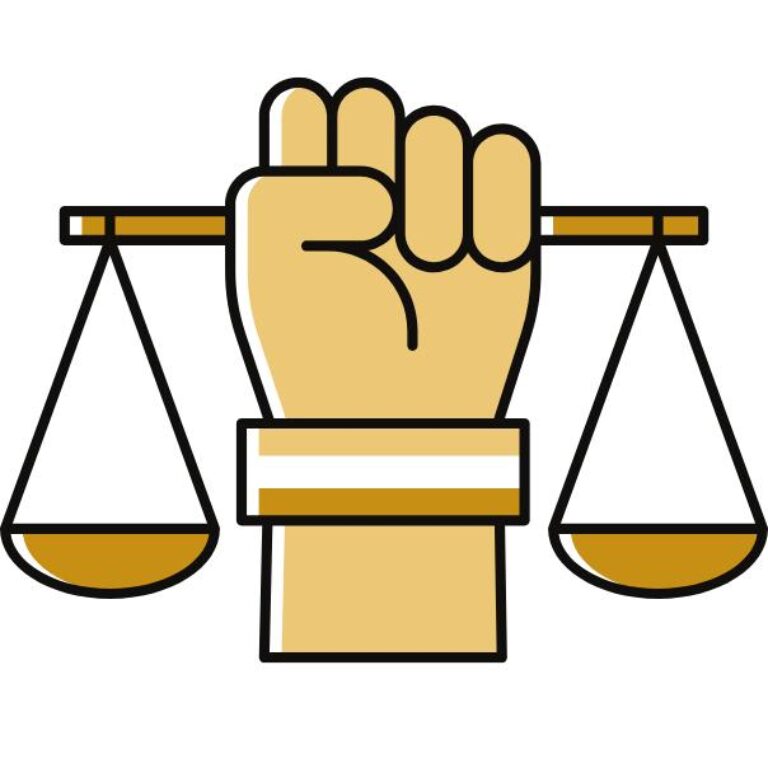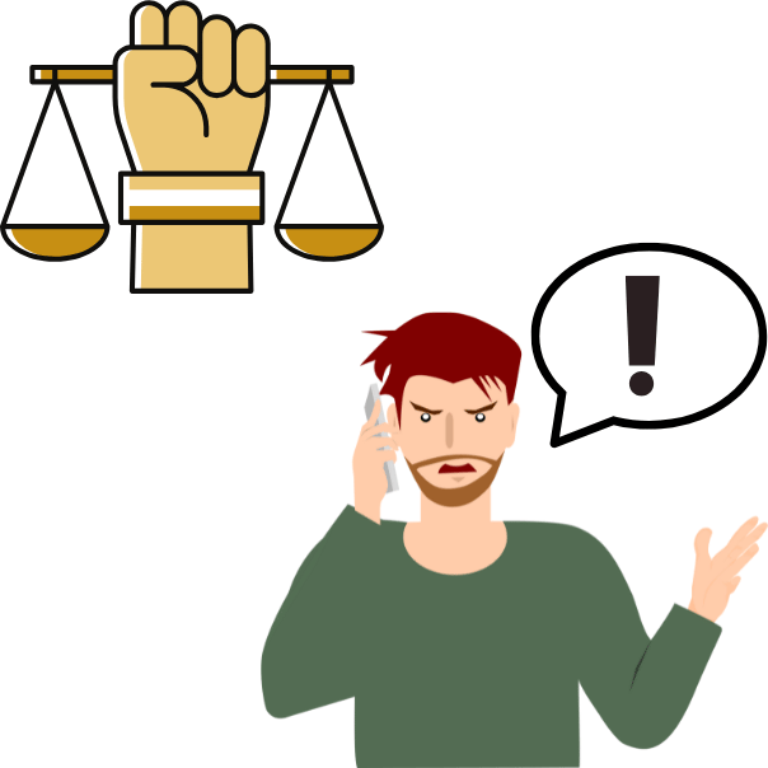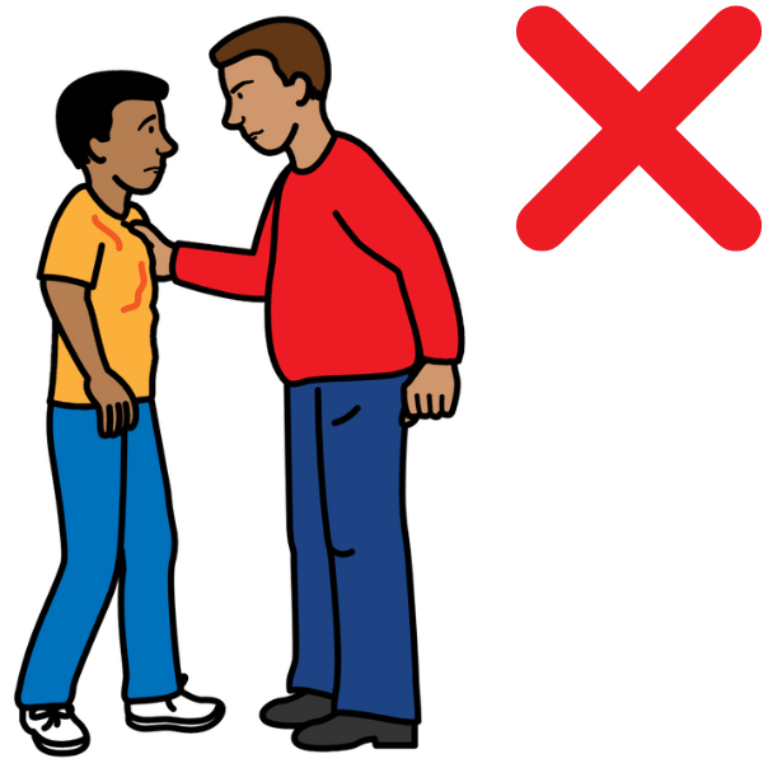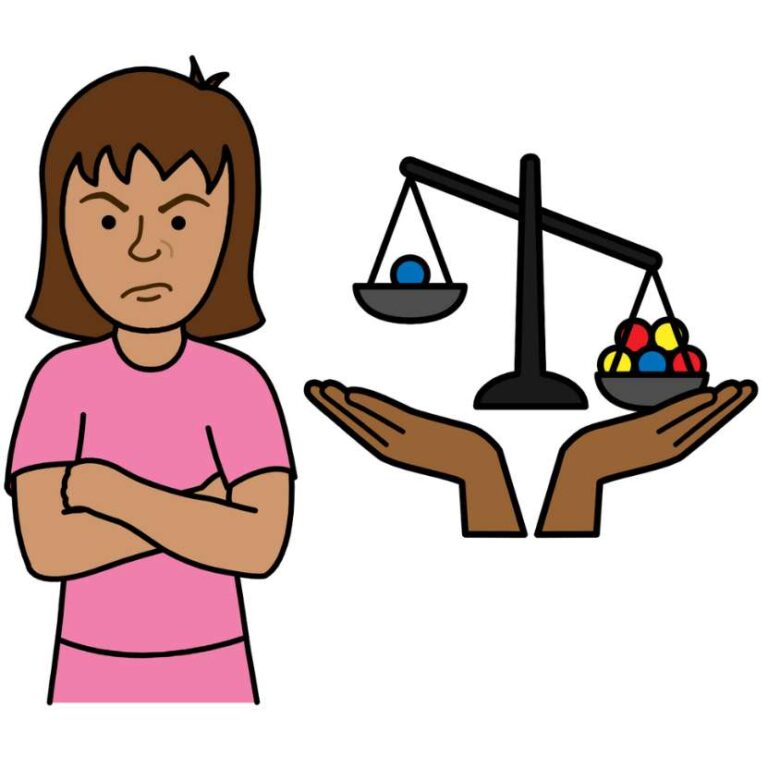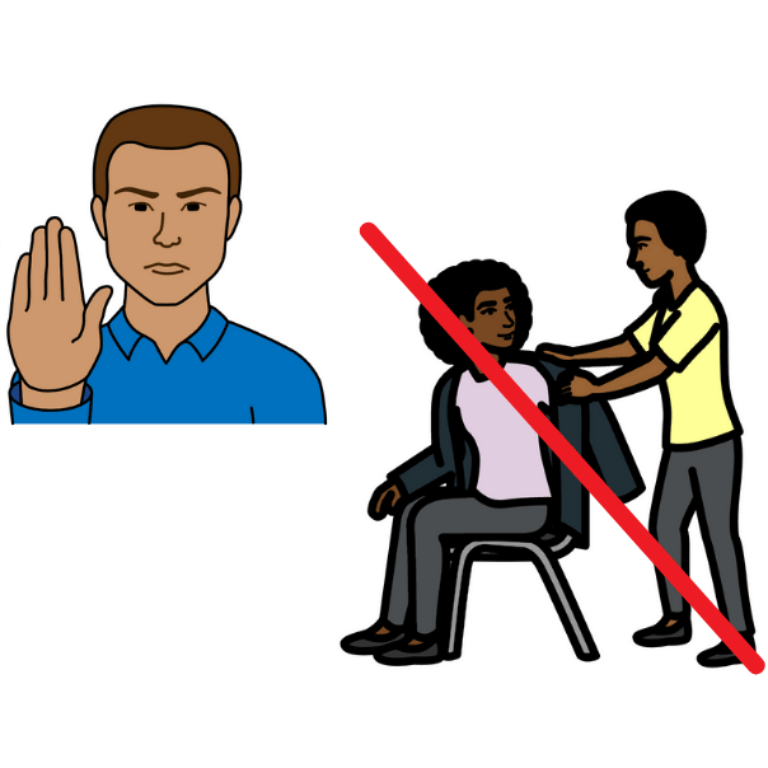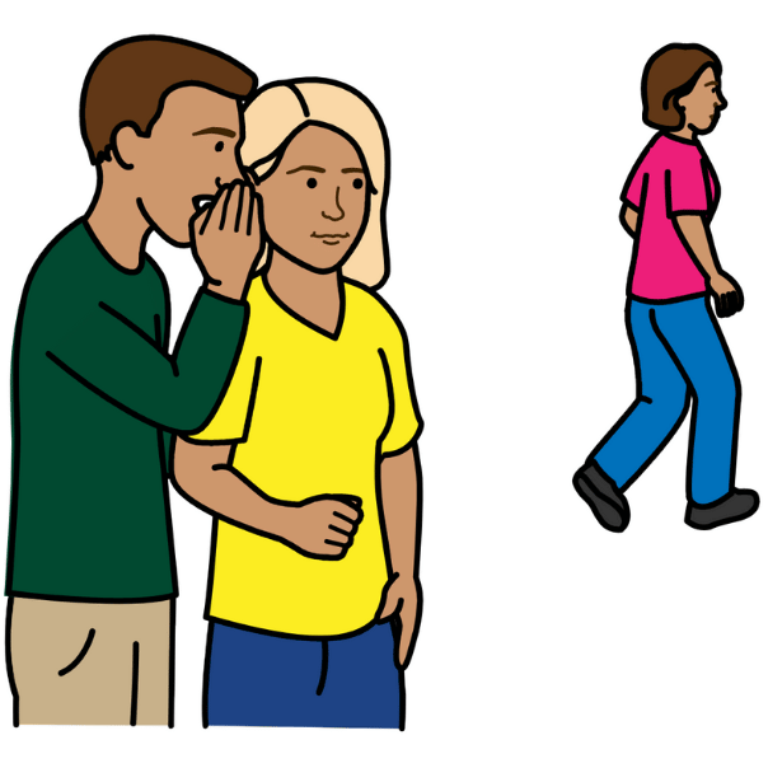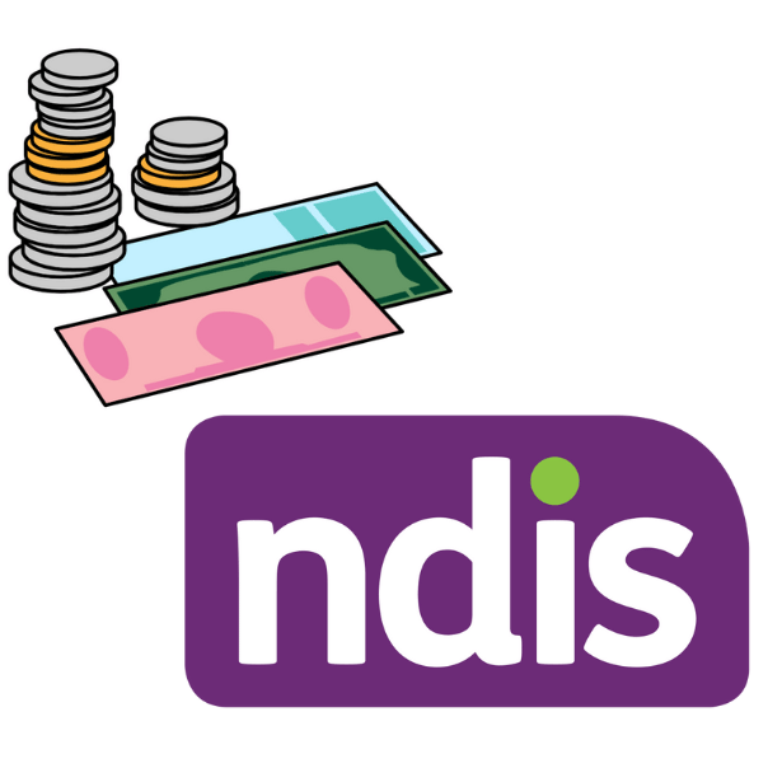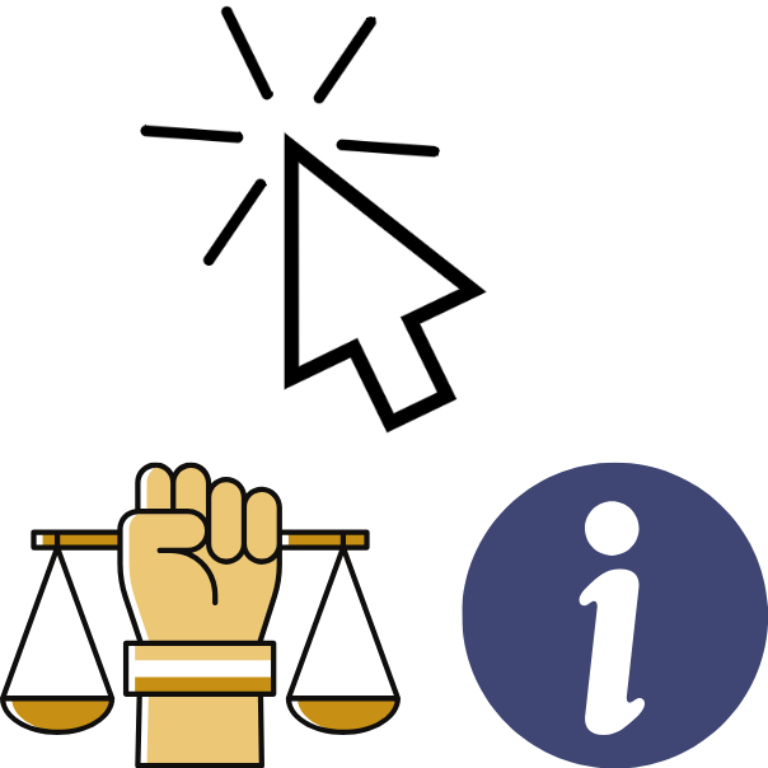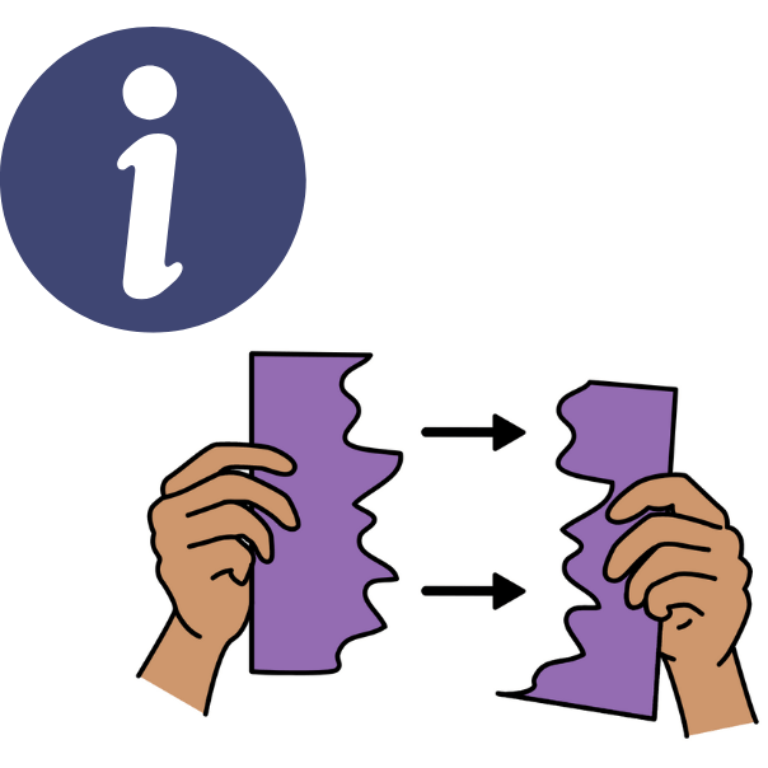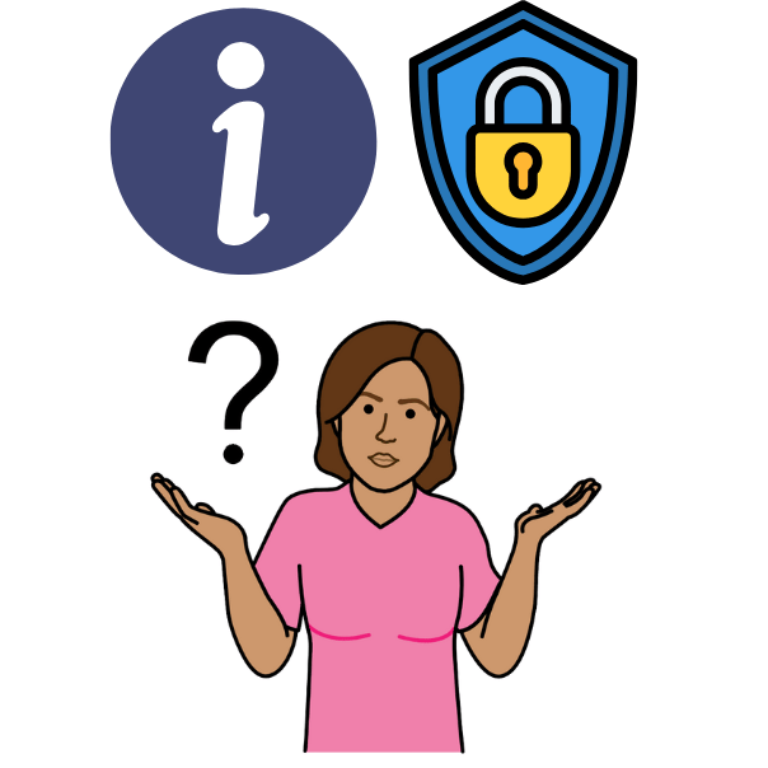General rights
Your rights are important, in the NDIS and in everyday life.
You have human rights and rights as an NDIS participant, but you also have rights in other parts of your life. These rights apply to everyone, whether or not they have an NDIS plan.
You have the right to speak up and be heard, to make choices as a consumer, and to have your personal information kept private. These rights help make sure you’re treated fairly and with respect.
Below is some helpful information about your rights when using support services.
-
Rights when speaking up
-
Consumer rights
-
Privacy rights
On this page
Rights when speaking up
No one is allowed to treat you badly because you made a complaint.
This is called ‘protection against retaliation‘. Retaliation is when a person or organisation treats you unfairly because you spoke up.
Retaliation is against the law.
Examples of retaliation include:
- Being denied services: This makes it harder for you to get the supports you need.
- Unfair treatment: You are treated differently or unfairly because you spoke up about something, raised a concern or made a complaint.
- Harming your reputation: People spread false stories or lies to make others think badly of you.
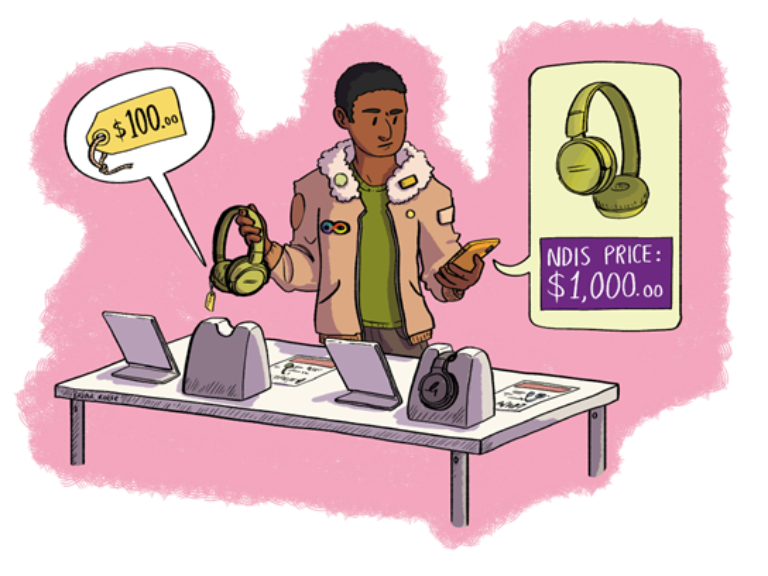
Consumer rights
When you buy something, you have rights under the law. You have the same consumer rights whether you pay for something yourself or with your NDIS funds.
You have the right to ask questions about what you’re buying, take your time deciding, and be treated fairly. Things you buy must be safe, work properly, and match what was promised.
The Australian Competition and Consumer Commission (ACCC) has made a guide to help people with disability understand their rights when buying things.
It explains your consumer rights, what to look out for when signing a service agreement, and how to fix problems.
You can also watch Consumer Affairs Victoria’s video to learn more.
Remember: Retaliation is against the law.
If anything mentioned above happens to you, you have the right to report it and get help.
Here is a fact sheet to help you handle retaliation.
Check out our fact sheet
Privacy rights
You have the right to keep your personal information private. This means you should know how organisations will use any information you share with them.
Learn more about types of consent and privacy on YERP.
